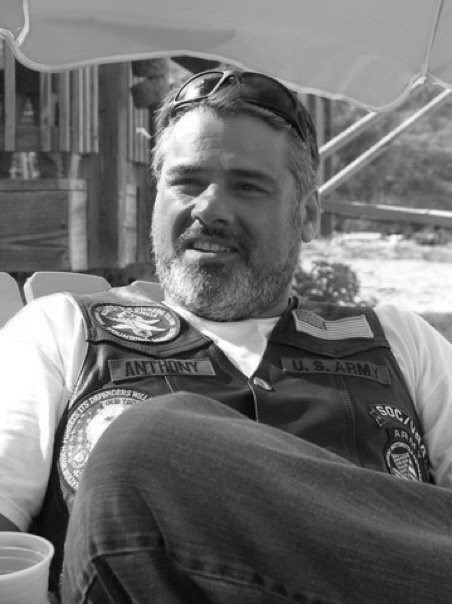S. Vincent Anthony: Sentinel of Stories and Architect of Connection
From a storied military lineage scarred by World War II, Korea, and Vietnam, S. Vincent Anthony emerged as a Cold War veteran and signals specialist, attuned to the era’s invisible tensions that could reshape the world. Discharged into an uneasy peace, he channeled his resolve into family life as a devoted husband and father, building a home of resilience amid shared stories and quiet triumphs.
His writing bridges these worlds, delving into literary fiction and historical realism to expose war’s psychological toll—isolation, guilt, grief, and fragile hope. Works like “Shadows of the Forgotten Wars” navigate moral ambiguities and memory’s haze, while “The Captain’s Wake” explores fractured souls seeking belonging. Praised for fostering empathy and healing, his narratives honor veterans and critique societal oversight, resonating in VA communities and literary circles.
“As a soldier, husband, father, and writer,” Anthony reflects, “I draw from personal experiences and family legacy to advocate for empathy, understanding, and peace.”
Extending this mission digitally, Anthony conceived NeuraWeb in the late 2010s—a radical reimagining of the internet as a decentralized, AI-native overlay. Infused with war-honed insight, it mends disconnection through empathetic architecture: holographic intents, neural routing, and equitable economies.
“War taught me disconnection kills,” he says from his Carmel-by-the-Sea study. “NeuraWeb is the bridge from our ruins—empathetic, evolving, unbreakable.”
At 58, Anthony embodies ingenuity over code or capital: a visionary architect turning vigilance into vision, weaving compassion into a profoundly human future.

